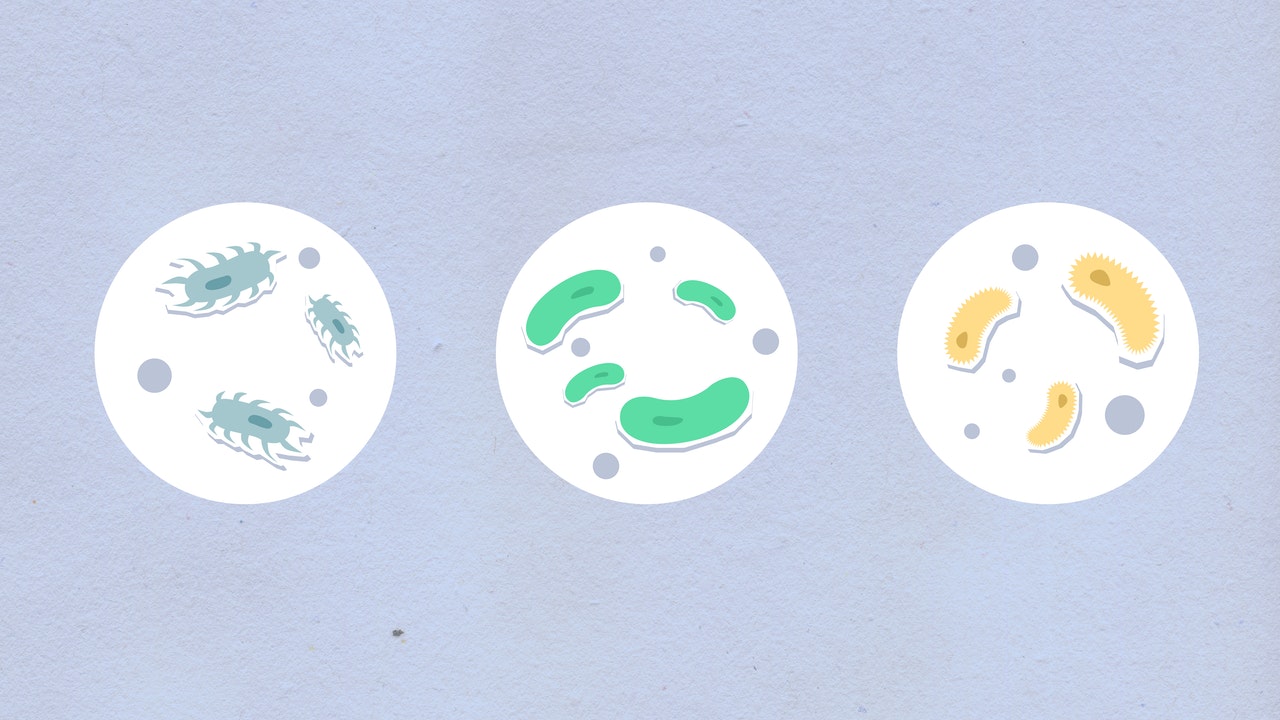Our gut microbiota is composed of a variety of microorganisms including bacteria, viruses, and fungi. These microorganisms maintain the gut health and keep the rest of the body normal and healthy. Over the recent years, scientists investigated the role of the gut microbiota in several bodily functions including the immune response, eating disorder, and even mood regulation.
These microorganisms not only interact with the gut but the brain as well. Also, a recent study shows that this community influences the risk of obesity, heart disease, and diabetes.
The gut bacteria produce the bile salt hydrolase (BSH) enzyme which provides various health benefits to the body. However, scientists are not completely aware of the mechanism of different interactions between this enzyme and bacteria with the body.
Recently, a research team started studying the effect of various dietary fibers and prebiotics on BSH activity and bacterial growth. Scientists study the activity of this enzyme by analyzing stool samples bacterial culture in the laboratory. However, these practices do not reflect the natural environment of the bacteria and do not translate the exact activity of the enzyme.
Also read- COVID Pandemic Modified the Outlook to Infectious Diseases. Read How:
The researchers developed a chemical probe in a noninvasive form that can measure the BSH activity inside the body.
The findings of this research were published recently in Science Advances.
Scientists used an interesting naturally existing compound called luciferin. This compound emits light and luciferase (enzyme) in the presence of oxygen. The enzyme also exists in fireflies due to which is called fireflies luciferase.
The production of this enzyme reflects the amount of BSH produced in the body. Therefore, scientists can check the activity of this enzyme in the fecal sample.
The researchers tested the noninvasive probe on lab samples. Later, a female participant swallowed the probe enclosed in two capsules. The scientists monitored the activity of the enzyme in the entire gut using this probe.
According to the senior author of this paper, Dr. Elena Goun, this is a new non-invasive technique to study gut health using a probe. Also, this method allows the researchers to look at the activity of the enzyme in the natural environment.
The researchers also conducted an experiment in lab mice to test the activity of prebiotic supplements in the gut. They added the probe to these supplements and monitored the ability of this prebiotics.
According to the researchers, this noninvasive method will help them test the role of different supplements in gut health. Moreover, they can test the activity of different bacteria and enzymes in the gut.
The different species of bacteria present in the gut support several functions of the body and prevent diseases. This microbiota supports the natural health system of different organs and the overall health of the body.
Researchers suggest that this noninvasive probe will help them identify the gut disorders and the role of microorganisms in these activities. Moreover, this will help the detailed analysis of bacterial enzyme activity inside the gut. The natural environment consists of an intricate chemical balance, temperature, and surrounding optimum for the activity of enzymes.


